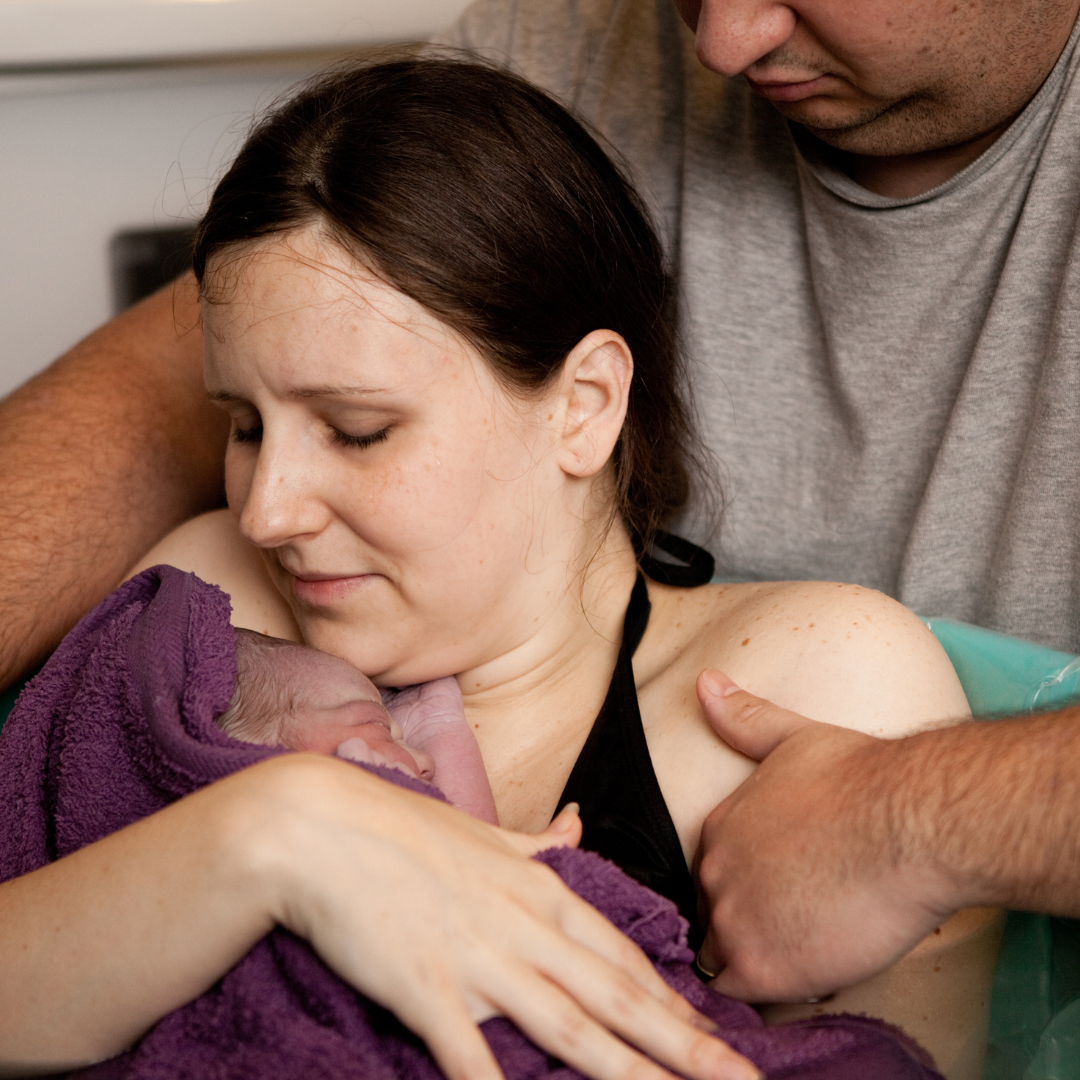

This appointment with your GP can feel like a significant milestone in your postpartum journey. Scheduled approximately six weeks after giving birth, this checkup is designed to assess both the physical and emotional well-being of a new parent. It serves as an opportunity to address any concerns, support a healthy recovery, and provide guidance for the challenges that may arise during the early stages of parenthood.
Unfortunately, we hear time and time again that the 6-week check has generally not been meeting expectations nationally due to severe time restraints on appointments and minimal emphasis on GP training in this area.
We’d like to emphasise early on in this article that the 6-week check should not be seen as a time where you should be ‘back to normal’. Postpartum recovery can take many more months and even years, so try and reframe this check as a step, not a finish line.
The key components of the checkup should be:
1. Physical Examination: Your GP should conduct a thorough physical examination with your permission of course. This includes assessing the healing of any incisions, checking for signs of infection, and ensuring that your body is recovering as expected after childbirth.
2.Mental Health Evaluation: Postpartum mental health is a critical aspect of the checkup. Your GP should discuss your emotional well-being, offering a safe space to talk about any feelings of anxiety, depression, or adjustment challenges. It’s essential to be open and honest during this conversation to receive the support you may need.
The Guardian reported today that:
“Mothers in England will be asked in detail if pregnancy or giving birth has affected their mental health as a result of new NHS guidance to GPs. The move is part of a drive by NHS England to improve support for those suffering postnatal depression or other mental health problems linked to their pregnancy or childbirth. Under the new guidance GPs will ask women more questions than before about how they are feeling when they attend their postnatal health check six to eight weeks after giving birth.
Family doctors will look for any sign that the woman may have a condition such as postnatal PTSD as a result of experiencing a traumatic birth or psychosis induced by bearing a child.”
Read the full report here.
3. Contraception Discussion: The 6-week postnatal check is an opportune time to discuss contraception options with your GP. They can provide information on various methods and help you choose the one that aligns with your family planning goals.
4. Pelvic Floor Assessment: Pelvic floor health should also be a key focus during the checkup. Your GP may inquire about any issues related to bladder or bowel control, provide guidance on pelvic floor exercises, and address any concerns you may have in this area.
Here are some questions you could ask your GP to get the most out of your 6 week check appointment:
Physical Recovery:
Emotional Well-being:
Contraception:
Pelvic Floor Health:
Nutrition and Exercise:
Postpartum Checkup Schedule:
Family Planning:
Sleep and Fatigue:
Postpartum Exercise and Physical Activity:
If you feel that you are unable to get thorough answers/support from your GP, here are a number of organisations that can help in different areas:
Pandas Foundation
Pandas Foundation offers support, information, and awareness for those experiencing perinatal mental health issues.
Website: Pandas Foundation
Mind – Postnatal Mental Health
Mind provides information and resources on postnatal mental health, including a helpline and online support.
Website: Mind
Tommy’s
Tommy’s funds research into stillbirth, premature birth, and miscarriage and provides information and support to expectant and new parents.
Website: Tommy’s
The Mummy MOT
A Mummy MOT is a specialist postnatal examination for women following both vaginal and caesarean births. It will assess how your posture, pelvic floor muscles and stomach muscles are recovering after childbirth. Your Mummy MOT practitioner will provide you with gentle exercises and treatment to help with your recovery – and get you back on track with your fitness goals.
Website: Mummy MOT
Birth Trauma Association
The Birth Trauma Association offers support to women who have experienced a traumatic birth
Website: Birth Trauma Association
Home-Start
Home-Start provides support and friendship for families with young children through trained volunteers.
Website: Home-Start
Breastfeeding Network
The Breastfeeding Network offers support and information for breastfeeding mothers.
Website: Breastfeeding Network
Parentkind
Parentkind supports parents in engaging with their child’s education and school community.
Website: Parentkind
Family Action
Family Action provides a range of services to support families, including perinatal mental health support.
Website: Family Action
Remember, the availability of services may vary by location, so it’s advisable to check with local branches or contacts for specific support in your area.
If you are expecting a baby and reading this pre-birth, preparation is key!
We are here for you every step of the way including postnatal recovery with our PregnaHub® online subscription and Mindful Natal® courses.
We place a particular emphasis on postnatal recovery during pregnancy so that you and anyone who will be around you caring for you can know what to expect too.

Sleep & Rest in Pregnancy: Building Habits for Better Energy Throughout Your Pregnancy and Into Postnatal Recovery

Questioning your ‘why’ as a new parent returning to work, and helping you to find tools to support you along the way.

Whichever kind of birth is your preference, it's always a good idea to understand what recovering from a caesarean abdominal birth ( c-section) entails and how you can support the process.